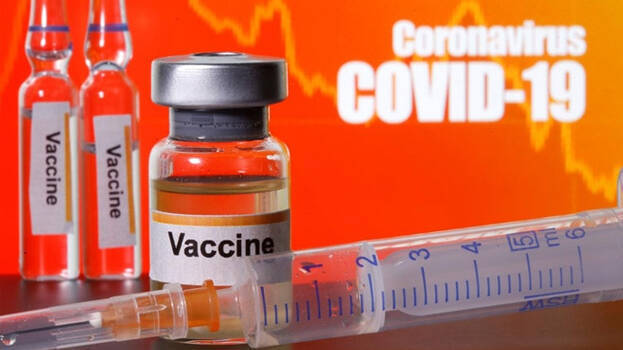

NEW DELHI: A study related to Covaxin conducted by Indian Council of Medical Research (ICMR) showed a comparable neutralisation activity of vaccinated individuals against the UK-variant strain.
A tweet put up by news agency ANI stated that: “Indian Council of Medical Research (ICMR) study on Covaxin shows a comparable neutralization activity of the vaccinated individuals against UK-variant strain.”
On January 3, Covaxin became the country’s first indigenously produced vaccine against COVID-19 to get ‘restricted emergency approval’. The vaccine has been developed by pharma major Bharat Biotech in collaboration with Indian Council of Medical Research (ICMR) and National Institute of Virology (NIV). The government had then stated that those receiving Covaxin will be monitored the same way as volunteers were during clinical trials.
Covaxin has shown to generate immunity after two doses given four weeks apart. On January 16, a mass vaccination drive began in India. Since then, there has been growing hesitancy among many people across India to take the shot. The hesitancy has been especially towards Covaxin, as it’s still undergoing phase 3 trials.
A few days ago, an interim report published in British medical journal The Lancet on Covaxin’s phase 1 trials stated that the vaccine led to “tolerable safety outcomes” and “enhanced immune responses”. The report did not determine the long-term safety outcomes or efficacy of India’s first indigenous COVID vaccine candidate.
The report stated: “We did a double-blind, multicentre, randomised, controlled phase 1 trial to assess the safety and immunogenicity of BBV152 (Covaxin) at 11 hospitals across India.” Healthy individuals between 18 and 55 years were included in the study, for which 827 participants were screened between July 13 and July 30 last year. Of these, 375 were enrolled.
The findings from the trial were important, given the hesitancy of the people to take the shot. The approval granted to Covaxin has created a huge furore, with several experts raising questions due to lack of sufficient safety or efficacy data from large-scale trials.